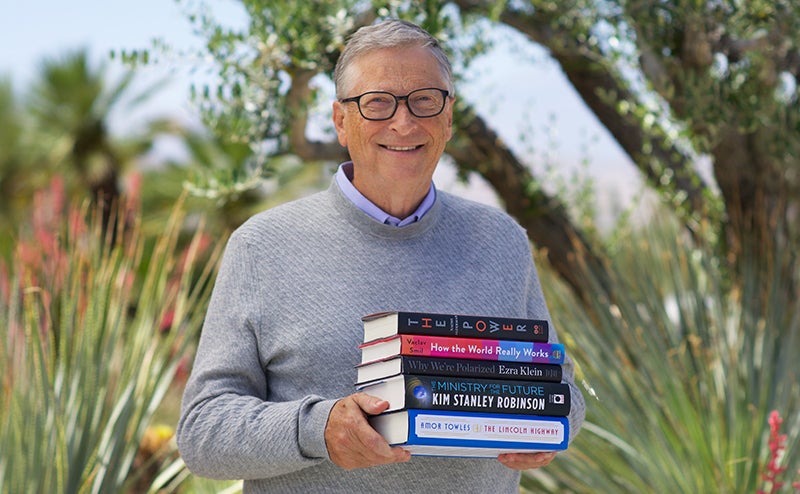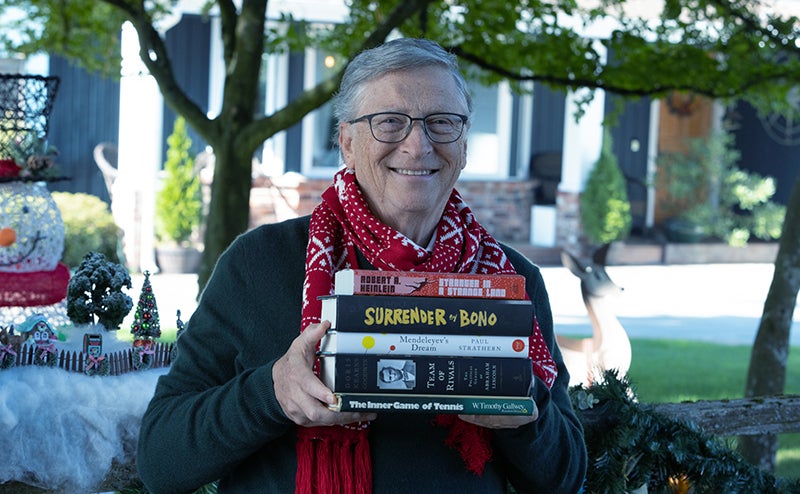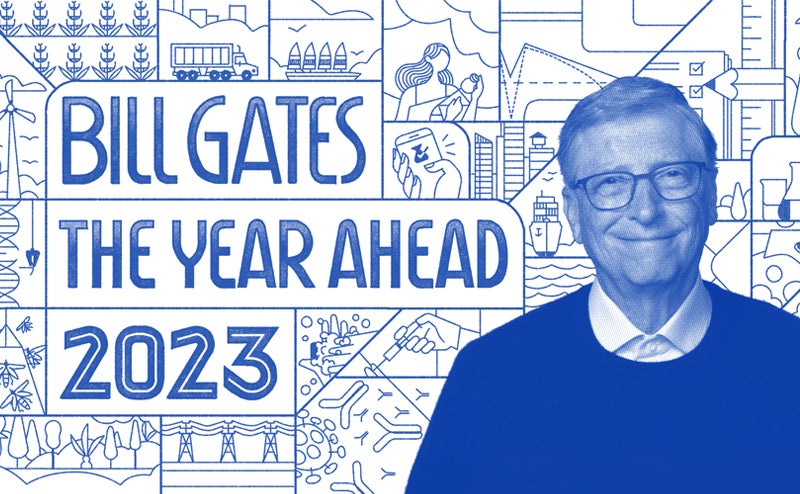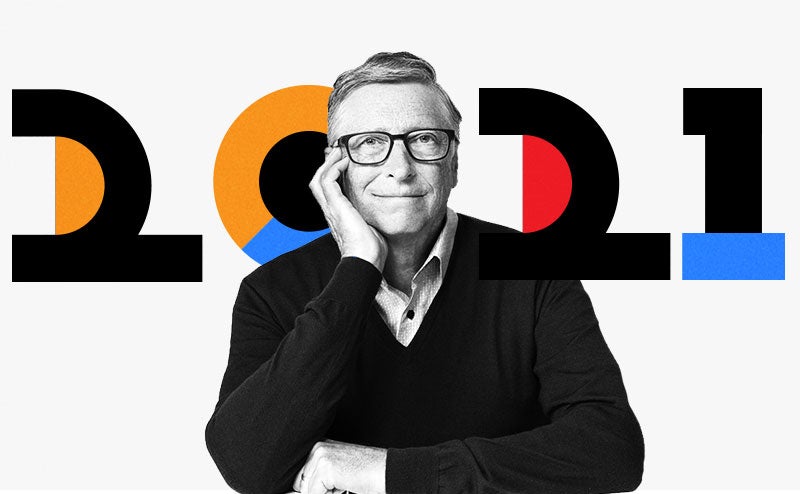As I was reading Klara and the Sun, I couldn’t help but think about which parts of it paint a picture of our likely future—and which parts were pure fiction.
Everyone should be concerned about climate change but the people who are going to be hit the hardest are the world’s poorest farmers. Read on to learn who they are and what needs to be done to help them.
A few years ago in Tanzania, Melinda and I met Christina Mwinjipe, who was working hard to support her family farming a small plot of land. Like many smallholder farmers, her life was a high-wire act—without safety nets. The year I met Christina her farm was threatened by drought and crop disease.
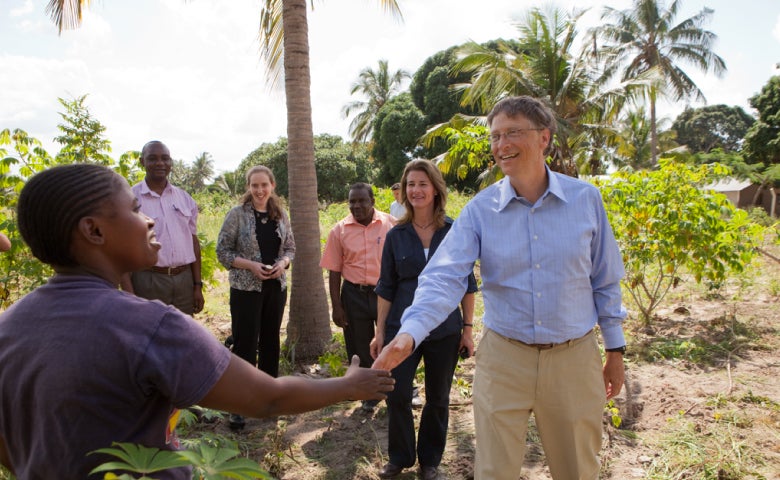
Unlike farmers in rich countries, poor farmers don’t have access to improved seeds and modern agricultural equipment that can help them cope with higher temperatures and more extreme weather. One ruined harvest is enough to sink them deeper into poverty.
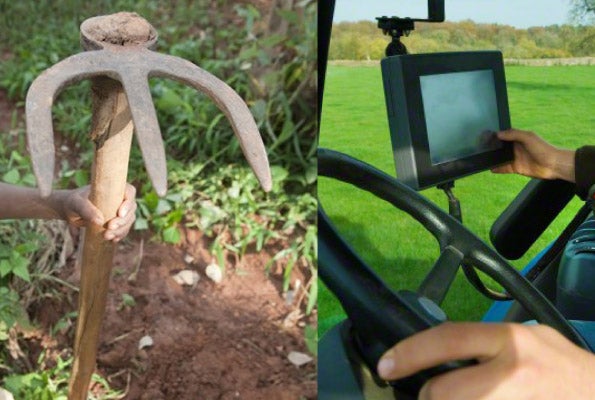
On the left tools that are still used today in many countries vs. the modern equipment on the right.
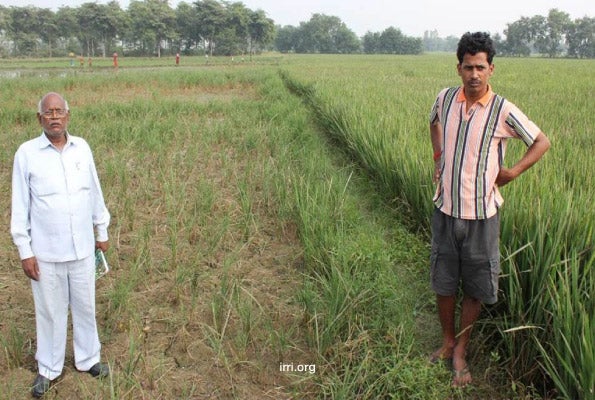
New crop varieties better suited to drier and wetter climates can help ensure poor farmers have a harvest even during extreme weather. The farmer on the left used a rice variety that was destroyed by flood. The farmer on the right used a new variety of flood-resistant rice—nicknamed “scuba rice”—that can survive for 2 weeks underwater.
On the left tools that are still used today in many countries vs. the modern equipment on the right.
New crop varieties better suited to drier and wetter climates can help ensure poor farmers have a harvest even during extreme weather. The farmer on the left used a rice variety that was destroyed by flood. The farmer on the right used a new variety of flood-resistant rice—nicknamed “scuba rice”—that can survive for 2 weeks underwater.
I’m the world’s biggest fan of fertilizer. I’m endlessly fascinated by the stuff. It’s a magical material that can transform the lives of the poor by helping them grow bigger harvests and adapt to the impacts of climate change.
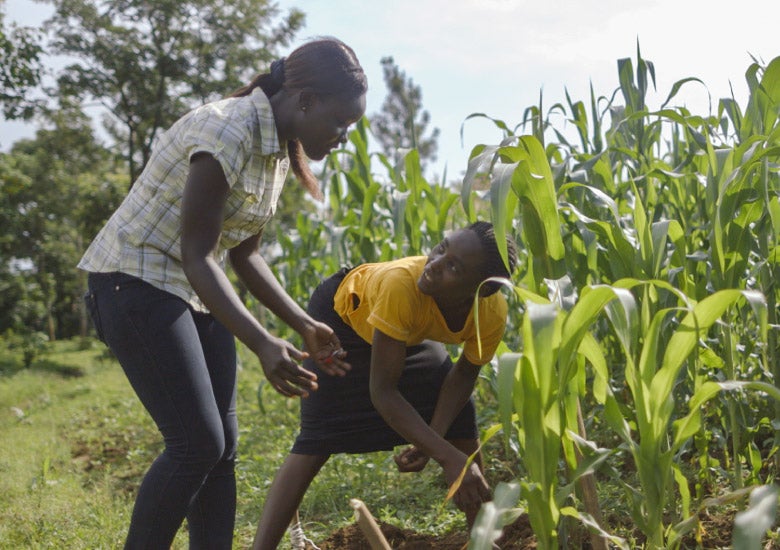
Everyone needs a coach, especially farmers. Organizations like One Acre Fund are helping train poor farmers to be more productive by providing them with access to credit, quality seeds, and fertilizer.
Poor soil prevents small farmers from growing more food, especially in Africa. Climate change threatens to make their problems worse. Unfortunately, so little agricultural research was being done in Africa that we knew less about the soil there than we did about the surface of Mars. Now that’s changing.
As I highlighted last year, the Africa Soil Information Service is creating digital maps that help farmers make informed decisions about which seeds to plant, which fertilizers to use, and how to raise their crop yields. They’re available free to anyone with a cell phone or Internet connection.

A few years ago, Melinda and I had a fascinating tour of an agricultural research center in Tanzania. We wish there were more of them.
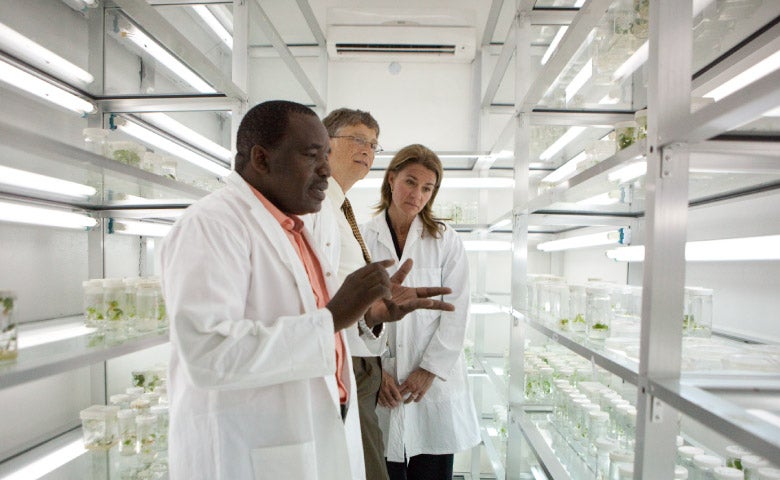
Agricultural research has been severely underfunded in recent decades. We need scientists to develop improved crop varieties and tools that can help farmers become more resilient to extreme weather and other risks, both now and in the future.
